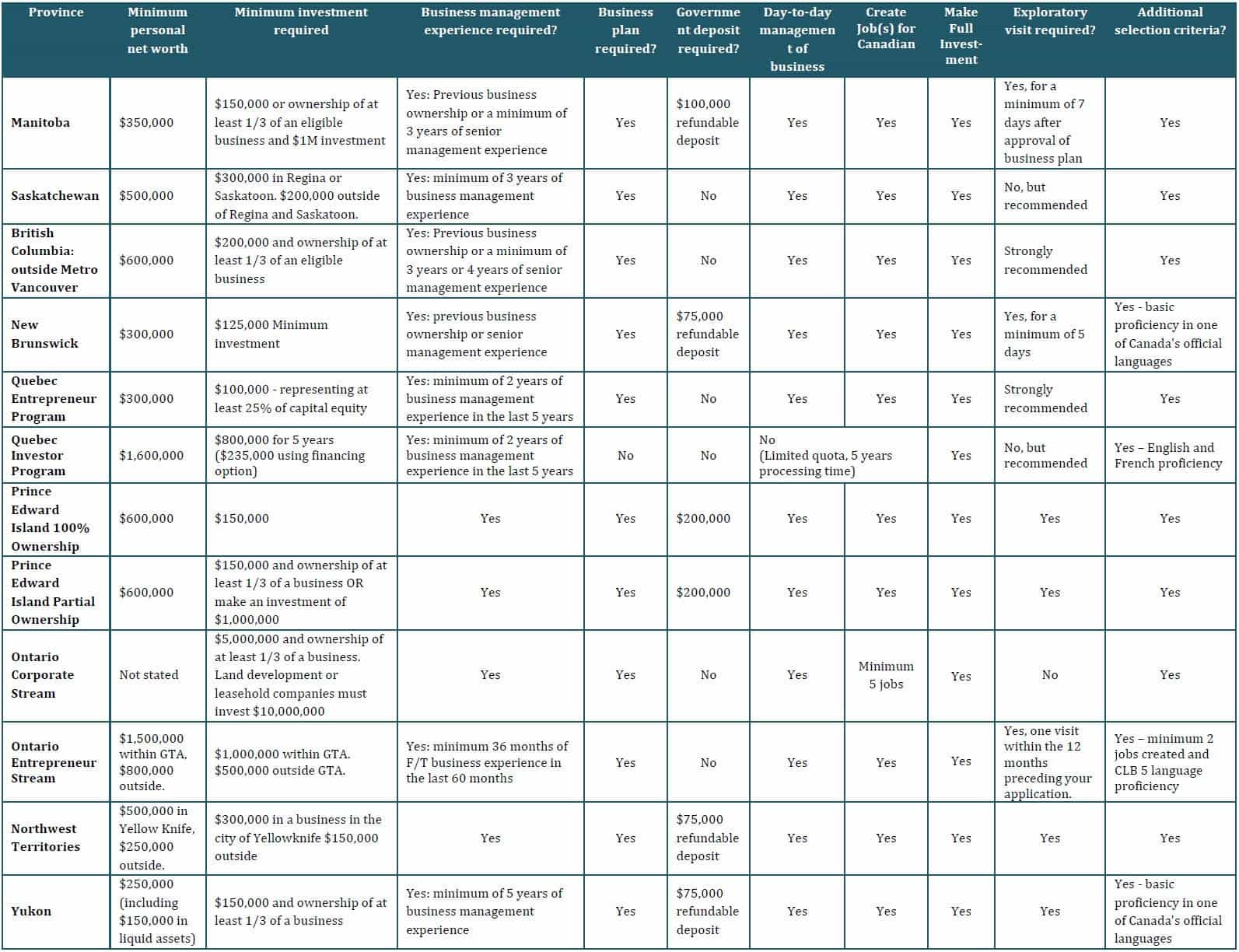IRCC application backlog increased slightly in May
The latest data from Immigration, Refugees and Citizenship Canada (IRCC) shows that the number of applications in inventory has increased since April.
As of May 31, there were 2,248,000 applications in inventory across all lines of business. This is higher than the 2,006,000 recorded on April 30.
The backlog of applications (those not meeting service standards) has also risen from just over 800,000 to 820,000.
Discover if You Are Eligible for Canadian Immigration
Applications in inventory are those that have been submitted to IRCC for a decision but have not yet been finalized. In 2022 IRCC finalized over 5.2 million applications.
The rise of applications in backlog may be explained in part by the labour disruption caused by the Public Service Alliance of Canada strike that occurred between April 19 and May 1. Following the strike resolution, Immigration Minister Sean Fraser said that throughout the disruption, there were approximately 100,000 applications that IRCC was not able to process that normally would have been.
Further, the summer months typically see an uptick in the number of applications for visitor visas, study permits, and work permits.
IRCC aims to process 80% of all applications within service standards. A service standard is the length of time it should take for the department to process an application. This can vary depending on the type and complexity of an application.
For example, IRCC tries to process all permanent resident (PR) applications through Express Entry within six months and all family class sponsorship applications within 12 months. Temporary residence permits carry service standards that range between 60-120 days depending on if the permit is for work or study.
An application that does not receive a final decision within the expected amount of time is considered backlog.
Permanent residence
Data from May 31 shows that of the total 640,000 permanent residence applications in inventory, 52% (332,000) were being processed within service standards and 48% (308,000) were not.
The total number of PR applications in May is only a slight increase of 8,000 over the April 30 data, which showed 632,000 permanent resident applications in inventory. Additionally, the number of PR applications in backlog has decreased from 51%, or 322,000 as of April 30.
The data also shows the number of PR applications in backlog was lower than projected. IRCC estimated that in May 2023, 20% of all PR applications through a Federal High Skilled Program (Express Entry programs) would be backlog but the actual percentage is 15%.
Applications for spouses and partners of Canadian citizens and permanent residents are also lower than projected, at 20%. This is a three-percentage point reduction from the April data.
However, the number of Provincial Nominee Program applicants (through Express Entry) is slightly higher than the projected 28% backlog and currently sits at 30%.
Citizenship
The most recent data shows 308,000 citizenship grant applications in inventory. Of these, 73%, or 225,000, were being processed within service standards and 27% were not.
This is less when compared to the April 30 data when there were 294,000 citizenship applications in inventory with 75% processed within service standards.
The number of processed citizenship applications is slightly lower than IRCC projected, sitting at 23% instead of the anticipated 24%.
Temporary residence
Temporary resident visas make up the bulk of applications in inventory. They account for temporary resident (visitor) visas and study and work permits.
The number of temporary resident applications rose between the April 30 and May 31 data, going from 1,080,000 to 1.3 million applications in inventory.
Of these, 871,000 were being processed within service standards and 429, 000 were not.
IRCC exceeded the projected amount of study permits processed for May. The department projected it would process 15% of study permit applications within service standards but has actually been processing 17%.
Temporary resident permits were being processed more quickly in May than in April, moving from 50% to 45% in backlog, but this still falls short of the projected 42%.
Work permits were not being processed at the projected rate of 24% backlog for May. Instead, 27% of applications were not meeting service standards. This is an increase over April’s 22%.
IRCC notes that approximately 72% of work permits in the May inventory are from the Canada-Ukraine Authorization for Emergency Travel (CUAET) program. The CUAET allows displaced Ukrainians to arrive in Canada as visitors while simultaneously applying for work permits, with no fee.
The latest CUAET data says that IRCC has received 1,059,154 applications for the program between March 2022 and June 2, 2023.















